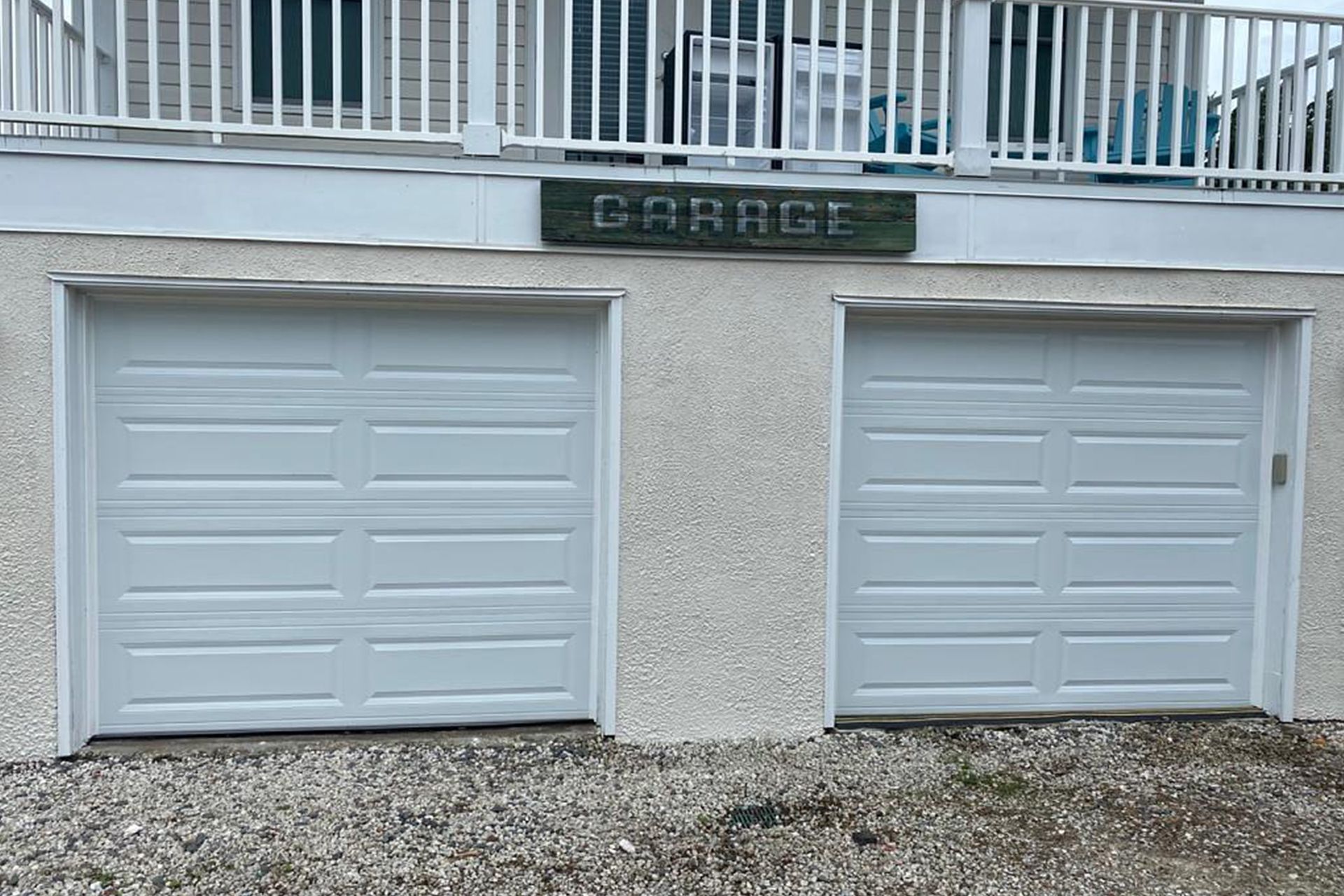A Coastal Homeowner's Guide to Fixing Common Garage Door Opener Problems
 Door Master Clinic
Door Master Clinic
Homeowners near the coast in places like Jacksonville, Palm Coast and Palatka, FL face unique challenges in keeping their garage door systems working well. Salt air and high humidity can damage mechanical parts, causing frequent breakdowns and poor performance. Door Master Clinic offers strong garage door solutions to handle the tough coastal environment.
Common Garage Door Opener Problems in Coastal Areas
Living near the coast can impact your garage door opener, causing various issues. Salt in the ocean air speeds up rust and corrosion on metal components, making them stick or break down. The high moisture in the air can also cause problems with electrical parts, leading to short circuits or loss of connection between the opener and its remotes.
The constant dampness can also affect the mechanical parts of your garage door system. Lubricants dry out quicker, which increases friction and wear on moving pieces like rollers, hinges, and pulleys. If you ignore these problems, they can grow into bigger issues affecting how well your garage door works and how safe it is.
Signs of Trouble
Spotting early signs of garage door opener issues is key for homeowners near the coast. Keep an eye out for:
Rust or corrosion can be seen on metal parts
Remote control that acts up or doesn't respond
Odd sounds like grinding or squeaking when it runs
A door that moves or unevenly
A door that won't open or close all the way
Taking care of these problems immediately can stop more damage and save you money on fixes later.
Figuring Out What's Wrong with Your Garage Door Opener
If you think your garage door opener isn't working right, you must figure out what's causing the problem. Start by looking at all the parts and checking for wear, damage, or rust.
Look at the opener unit, making sure there are no loose connections, frayed wires, or broken circuit boards.
Check the rails and tracks to see if anything is blocking them if they're rusty or not lined up right, which could stop the door from moving.
Check the rollers, hinges, and pulleys to see if they're worn down or need oil.
Test the safety sensors by moving something in front of them to ensure they're working properly.
In addition to visual signs, pay attention to any strange sounds during use. Grinding or squeaking might mean the door needs lubrication while banging or scraping could point to misalignment or something blocking the door's movement.
Homeowners near the coast should check their doors often. The tough seaside conditions can make your garage door system wear out faster. Spotting problems lets you fix them and avoid bigger (and more costly) repairs later on.
Learn More : https://www.doormasterclinic.com/a-coastal-homeowner-s-guide-to-fixing-common-garage-door-opener-problems
Subscribe to my newsletter
Read articles from Door Master Clinic directly inside your inbox. Subscribe to the newsletter, and don't miss out.
Written by
